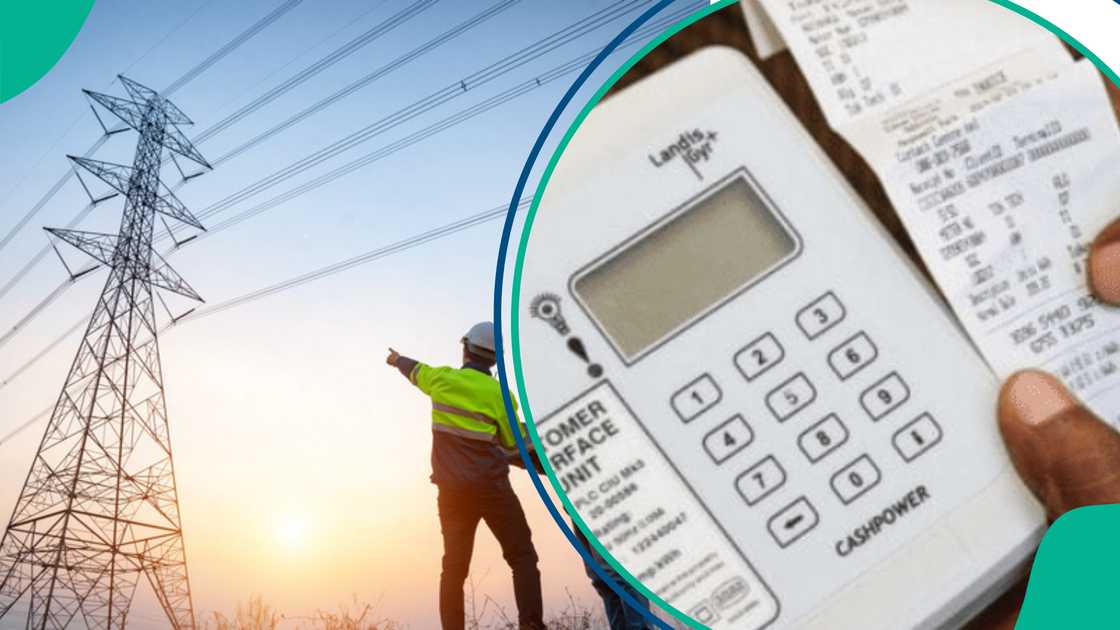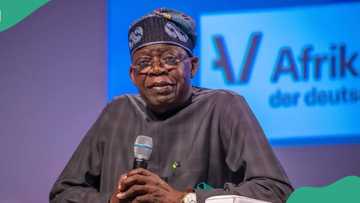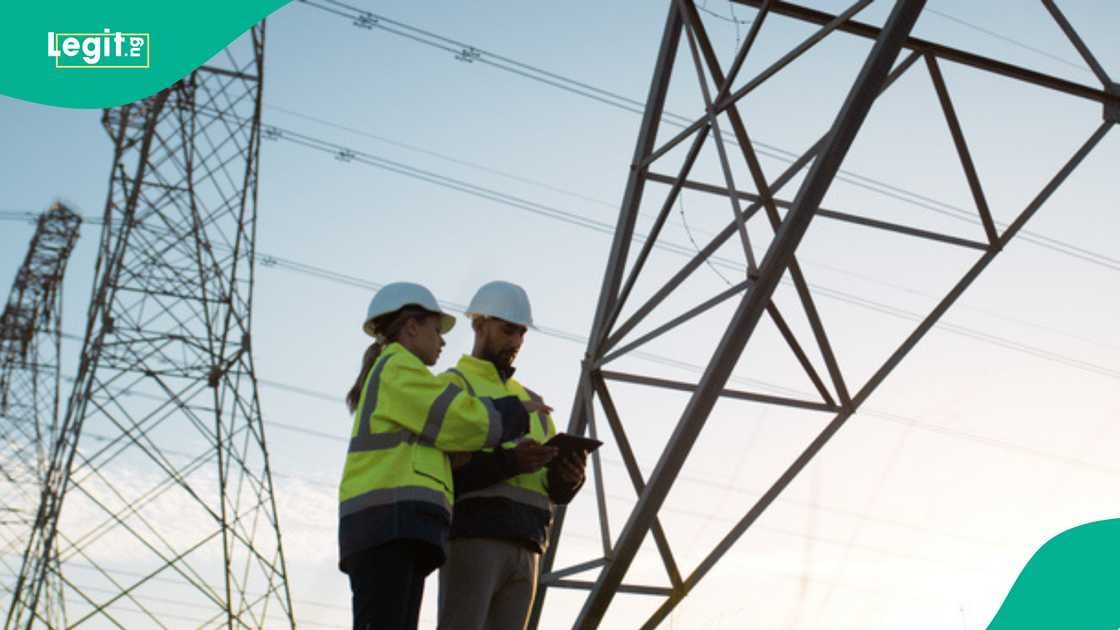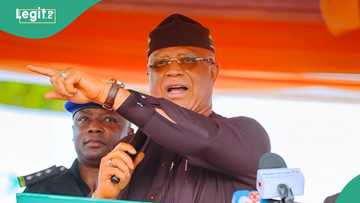Nigeria to Introduce Pay-As-You-Go Electricity Payment After Clearing N4 Trillion Debt
- The federal government has announced plans to implement a pay-as-you-go model for electricity consumption to phase out government-sponsored subsidies
- Finance Minister Wale Edun revealed that revenue for subnational governments increased significantly this year, reaching nearly N7 trillion, including outstanding statutory allocations
- The transition to the new model will occur once the government clears its N4 trillion debt to investors in the energy sector and avoids power purchase agreements that place a financial burden on the government
Legit.ng journalist Zainab Iwayemi has 5-year-experience covering the Economy, Technology, and Capital Market.
As part of its efforts to discontinue government-sponsored subsidies for the sector, the federal government has announced plans to implement a pay-as-you-go model for electricity consumption payments.

Source: Getty Images
Wale Edun, the Minister of Finance and Coordinating Minister of the Economy, made the announcement on Thursday during a media briefing in Abuja.
The minister also revealed that, during the first half of the year, the amount of revenue allotted to subnational governments jumped from N2.1 trillion to nearly N7 trillion. According to him, the sum includes the backlog of other unpaid statutory allocations to the states, monthly receipts, and 1.8% of the GDP.
According to the minister, the shift to a pay-as-you-go model will take place once the government has successfully paid off the outstanding N4 trillion debt owed to various investors in the industry.
In order to address previous liabilities and move the energy sector toward complete deregulation, the current administration implemented the N4 trillion energy sector liability plan.
“Going forward, that program has been built as well, looking at ways to ensure that collections increase and that there’s more of a pay-as-you-go approach that doesn’t leave the government with a bill to pay,” Mr. Edun stated at the media conference.
He said the administration was seeking to avoid the type of power purchase agreements that have left the government with a heavy load to shoulder.
“The idea is to replace them with parties that invest in power and sell it. So you don’t invest in power generation only to have the government pay you no matter what happens at the other end,” the minister added.

Read also
FG rolls out N10m interest-free loans for University, Polytechnic staff as part of empowerment drive

Source: Getty Images
Bolatito Onaola said,
"What Nigeria needs is a business that would help to ensure fair payment in the electricity industry"
Nigeria’s DisCos set to build solar energy project
Legit.ng reported that J-Marine Logistics Limited and Kaduna Electric Distribution Company (KEDCO) have inked a memorandum of understanding (MoU) for the construction of a 100-megawatt (MW) solar energy project that incorporates a battery energy storage system (BESS).
The plan is a significant move toward tackling power supply concerns and laying the groundwork for equitable economic growth and development, according to KEDCO chairman Aminu Suleiman, who spoke at the signing of the Memorandum of Understanding on Friday in Kaduna.
According to him, the partnership seeks to increase industrial productivity, provide cleaner energy, and strengthen the dependability of power supplies.
Source: Legit.ng


